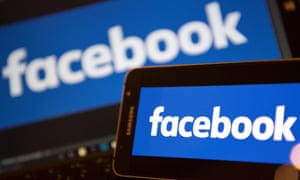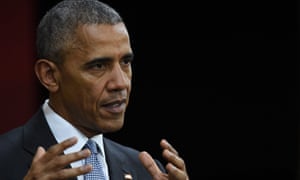
This article discusses the new technology that Facebook has brought in to tackle the issue of fake news. According to the article Facebook is working with five fact-checking organizations – ABC News, AP, FactCheck.org, Politifact and Snopes to filter through fake news that make it onto Facebook. If enough of Facebook’s users report a story as fake, the social network will pass it onto these third parties to scrutinize. If a story fails the fact check, it will be publicly flagged as “disputed by 3rd party fact-checkers” whenever it appears on the social network. Users will now also be able to click on a link to understand why it’s disputed. If a Facebook user then still want to share the story, they’ll get another warning about its reliability.
I believe this is a really useful technique to tackle the issue of fake news, however this will also be limited to Facebook. The fact that it is limited to only Facebook highlights the fact that not much is being done on a larger scale, as fake news will continue to exist and only grow even more.

This article discusses the various instances in which we have come across fake news, and how individuals such as Mark Zuckerberg and the chiefs of Google have dismissed the impact of fake news and have brought about mediocore solutions such as removing advertising tools that enable sites to make money by spreading lies. The influence of politicians are also mentioned, who resemble fake news through their propaganda. The EU referendum is another example that is mentioned, as it was noted on its abundance of lies and false promises. There is also a brief mention of the impartiality method in the news, which no longer seems to be working. The article suggests that it is not the fault of social media as a platform, but it is a consequence of it, because lies can be passed on these platforms swiftly and indiscriminately
This news article has altered my views on fake news, as I previously believed that social media was the main problem in causing the influx of fake news. The article suggests that we are surrounded by fake news, and this highlights the lack of accountability there currently is in the media world. Nevertheless, I think more should be done to tackle the issue and that individuals in power should take it more seriously.



